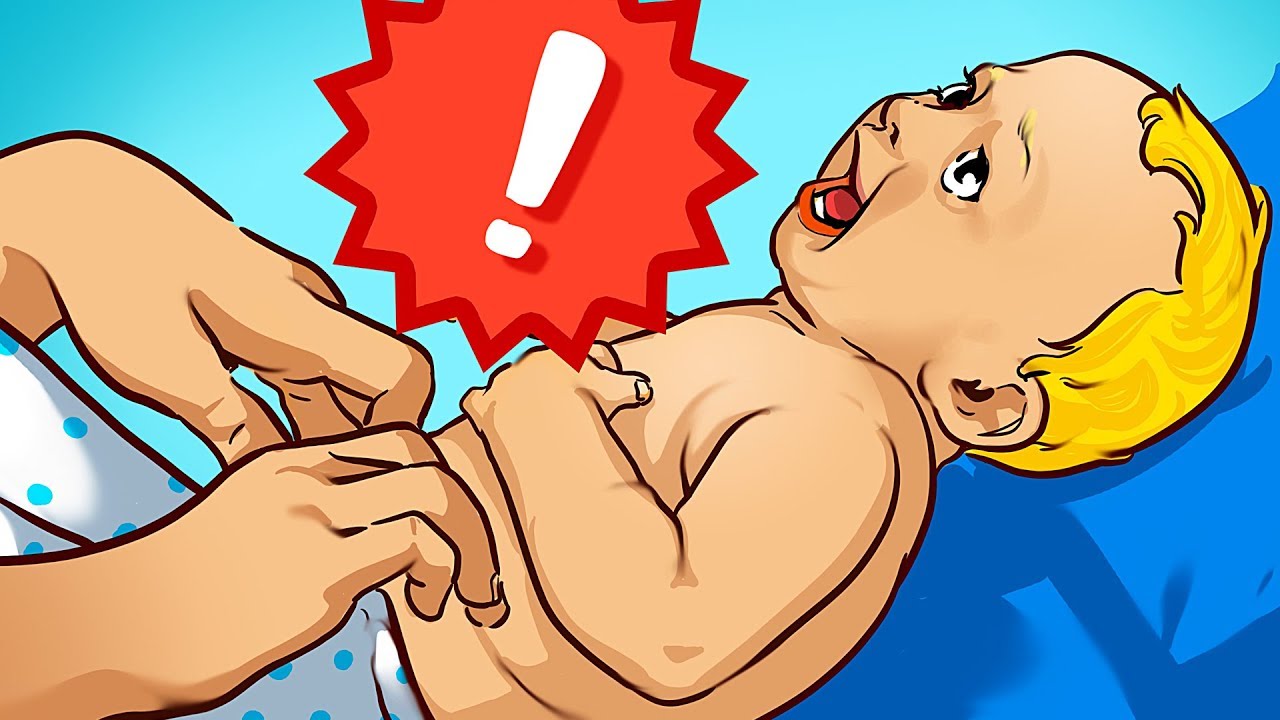Why Tickling Is Not a Healthy Thing
Do you enjoy being tickled? In truth, there are few people who would firmly answer “yes” to this question. And while it seems not too much of a problem, you can have trust issues because of childhood tickling. Sounds crazy, but there’s plenty of reasons for that.
We’ve all been tickled from time to time as children, so we assume it to be normal. But remember that back in those days, not wearing a seat belt also used to be normal! Tickling kids can be more harmful than good. So here’s why you should skip it and find another way to have fun — perhaps sharing a joke or playing together is a better idea.
TIMESTAMPS:
❗️
Tickling is dominant 0:20
Kids might not be able to say “stop” 1:18
Ticklish laughter isn’t real laughter 2:04
Tickling was a method of extracting information once 2:52
Tickling can cause trust issues in adulthood 4:10
❓
Why a child can ask to be tickled 5:04
How tickling can be made into a real game 6:37
#parentingtips #kids #brightside
SUMMARY:
– When you’re the tickler, you get full control of the situation, especially with little kids. The child, on the other hand, is in the submissive position since they’re not able to get away from you even if they want to.
– The child can’t stop laughing if you go on tickling them, and at some point, they simply become unable to say anything, getting red in the face and struggling even to breathe.
– A study was conducted at the University of California in 1997 that proved there is no connection between ticklish laughter and genuine laughter. When you’re being tickled, you laugh because you can’t help it; it’s more of a reflex, like a knee-jerk reaction.
– Picture this: in different countries and at different times, tickling was used to force information from people. It only sounds stupid for the first few minutes. When you’re constantly tickled for hours on end without any means to escape, that’s no joke.
– Tickling depended in part on the same nerve fibers as pain sensation. That means if you tickle someone, you might easily bring it to the point where it becomes unpleasant and even painful.
– Parenting expert Patty Wipfler says that, when recalling traumatic experience from their childhood, adults talk about tickling often. Some were tickled by their parents in a form of a game; others by their siblings, sometimes with not such a good intent.
– Some children ask their parents to tickle them not because they like it but because it’s the only way to make the parents play with them.
– Still, even tickling can be made into a real game for the two of you. It’s quite simple: just pretend that you’re about to tickle your kid but don’t do it.
Music by Epidemic Sound https://www.epidemicsound.com/
Subscribe to Bright Side : https://goo.gl/rQTJZz
—————————————————————————————-
Our Social Media:
Facebook: https://www.facebook.com/brightside/
Instagram: https://www.instagram.com/brightgram/
5-Minute Crafts Youtube: https://www.goo.gl/8JVmuC
Stock materials (photos, footages and other):
https://www.depositphotos.com
https://www.shutterstock.com
https://www.eastnews.ru
—————————————————————————————-
For more videos and articles visit:
http://www.brightside.me/














